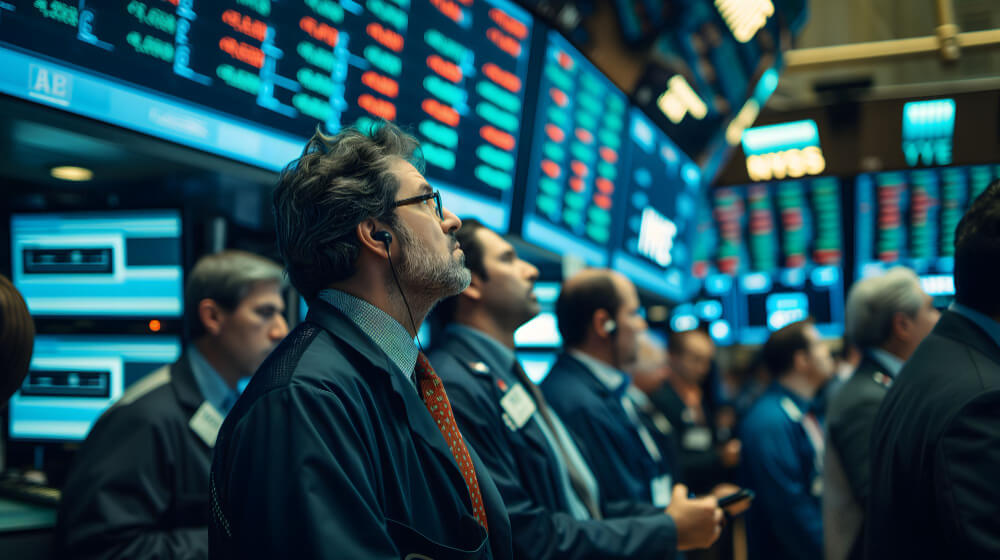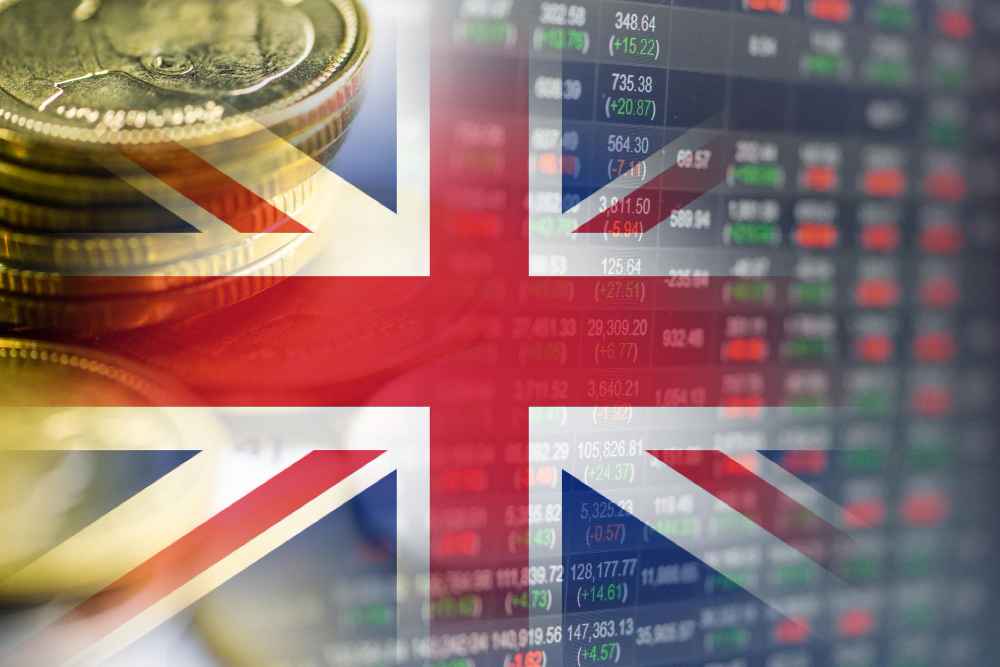Unveiling the Truth: Is Forex Trading Legal in the UK?
In the bustling world of financial markets, Forex trading stands out as a giant, with its vast oceans of currency exchanges washing over the global economy daily. For those in the UK casting their eyes towards this lucrative horizon, a question often emerges, shrouded in the mists of complexity and regulation: Is Forex trading legal in the UK? Today, we’re diving into this topic, navigating through the intricacies of regulations, the role of oversight bodies, and what it all means for UK traders. Buckle up as we embark on this enlightening journey, ensuring you’re armed with all the knowledge you need to sail these waters confidently.
Understanding Forex Trading
Before we hoist the sails, let’s understand what Forex trading entails. It’s the exchange of one currency for another, aiming to profit from fluctuations in exchange rates. Picture it as a global marketplace without borders, open 24/5, where currencies dance to the tunes of global economic events, politics, and market sentiment.
Why Forex Appeals to Traders?
The allure of Forex lies in its vast liquidity, the ability to trade on leverage, and the market’s immense size. It’s like being at a never-ending global party where everyone’s invited, from individual traders to banking giants. The potential for profit, alongside the thrill of the trade, draws a diverse crowd, each looking to carve out their piece of the financial pie.
The Legal Landscape of Forex Trading in the UK
Now, let’s chart the course towards the heart of our quest: the legality of Forex trading within the United Kingdom.
Regulatory Bodies and Their Role
At the helm of the UK’s financial regulatory framework is the Financial Conduct Authority (FCA). Picture the FCA as the lighthouse guiding ships through potentially stormy regulatory waters, ensuring safety, fairness, and transparency in the financial markets. Forex brokers operating in the UK must gain FCA approval, a seal of legitimacy, and a shield for traders against the sirens of fraud.
The Importance of Regulation
Why does this matter? Regulation ensures that traders are not walking the plank blindfolded. It means that Forex trading is not just legal in the UK; it’s tightly governed, offering a layer of protection from the tempest of market volatility and deceitful practices.
Choosing a Forex Broker in the UK

Embarking on your Forex journey requires choosing a vessel – in this case, a broker. Not all ships are built the same, and the same goes for brokers.
What to Look for in a Broker
First, ensure they’re FCA-registered. This is your lifejacket, keeping you afloat should the waters turn rough. Look for competitive spreads, a robust trading platform, and stellar customer support. It’s like choosing a ship capable of navigating through both calm seas and tumultuous storms.
The Pitfalls to Avoid
Beware of brokers promising the moon, for they might lead you into a maelstrom. High leverage can amplify gains but remember, it also magnifies losses. Always embark with a clear map – a solid trading strategy and risk management principles.
Forex Trading Strategies for UK Traders
Sailing the Forex seas requires more than just a sturdy ship; it requires a savvy captain. Here are a couple of strategies to help you navigate.
Technical Analysis vs. Fundamental Analysis
Technical analysts are the cartographers of the Forex world, reading charts and maps (price action and indicators) to predict future movements. Fundamental analysts, on the other hand, interpret the winds and the stars (economic indicators, political events) to forecast market directions.
Risk Management: The Compass of Trading
Never set sail without a compass. In Forex trading, that compass is risk management. It involves setting stop-loss orders, only risking a small percentage of your capital, and never chasing losses. It’s your guide through fog and uncertainty, ensuring you don’t lose your way.
The Psychological Aspect of Forex Trading
Navigating the psychological waves is as crucial as understanding market trends. The high seas of Forex trading are not just about strategy and knowledge; they’re also about battling the storms within.
Overcoming Fear and Greed
Fear and greed are the Scylla and Charybdis of the trading world, the twin dangers every trader must navigate between. Balancing caution with courage, and ambition with prudence, is the key to surviving these treacherous waters.
The Importance of a Trading Plan
A trading plan is your map and your orders. It outlines your strategy, your risk management rules, and your goals. Stick to it as faithfully as a captain to their compass, and you’ll steer clear of the rocks of impulse and the whirlpools of indecision.
The Impact of Brexit on Forex Trading in the UK

Brexit has been like a tempest, reshaping the landscape of financial markets and regulations. Let’s look at how this monumental event has impacted Forex trading in the UK.
Regulatory Changes and Considerations
Post-Brexit, the UK is charting its course, setting its regulations outside the EU’s framework. For traders, this means staying informed about any changes that could affect trading conditions or regulatory protections.
Market Volatility and Opportunities
Brexit has brought waves of volatility to currency markets, particularly the GBP. For the adept sailor, volatility brings both peril and opportunity. It’s a reminder that in the world of Forex, being well-informed and adaptable is crucial.
The Future of Forex Trading in the UK
As we gaze towards the horizon, what does the future hold for Forex trading in the UK?
Innovation and Technology
The sextant and compass have given way to GPS and satellite navigation in the world of seafaring. Similarly, in Forex trading, technology continues to evolve, bringing tools like AI and algorithmic trading to the forefront, promising to change the way we trade.
Sustainability and Ethics in Trading
There’s a growing trend towards sustainability and ethical trading. Traders are increasingly considering the broader impact of their trading decisions, a wave that’s only set to grow.
Conclusion
Forex trading in the UK is not only legal; it’s a well-regulated arena offering myriad opportunities for those willing to learn its intricacies. Whether you’re drawn by the allure of trading currencies or the intellectual challenge it presents, the key to success lies in education, preparation, and a solid understanding of the risks involved. As with any form of trading, the wisdom to navigate between the twin dangers of fear and greed, armed with a clear strategy and a disciplined approach, will serve you well on this journey.
FAQs

1. Can anyone start Forex trading in the UK?
Yes, anyone of legal age can start Forex trading in the UK, provided they have the necessary funds and adhere to the regulations set by the FCA.
2. How much capital do I need to start Forex trading in the UK?
The required capital can vary widely depending on the broker and your trading strategy. Some brokers offer accounts with deposits as low as £100.
3. Is Forex trading in the UK taxed?
Yes, Forex trading profits may be subject to tax, depending on your circumstances. It’s advisable to consult with a tax professional.
4. Can I trade Forex in the UK using leverage?
Yes, leveraging is allowed in the UK, but it’s regulated by the FCA to protect retail traders from excessive risk.
5. How can I find a reputable Forex broker in the UK?
Look for brokers regulated by the FCA, and research their trading conditions, platforms, and customer reviews to ensure they meet your trading needs and expectations.




